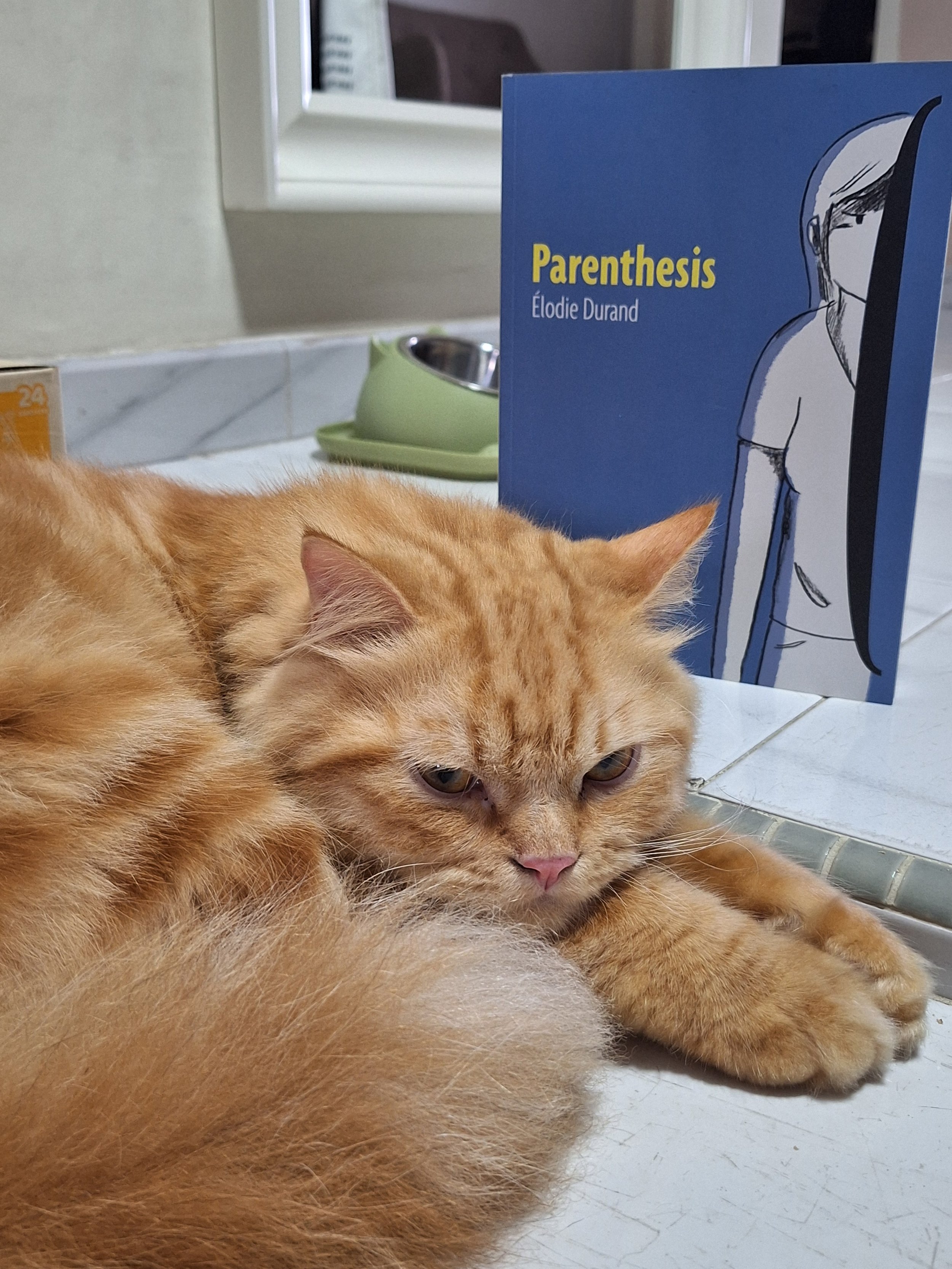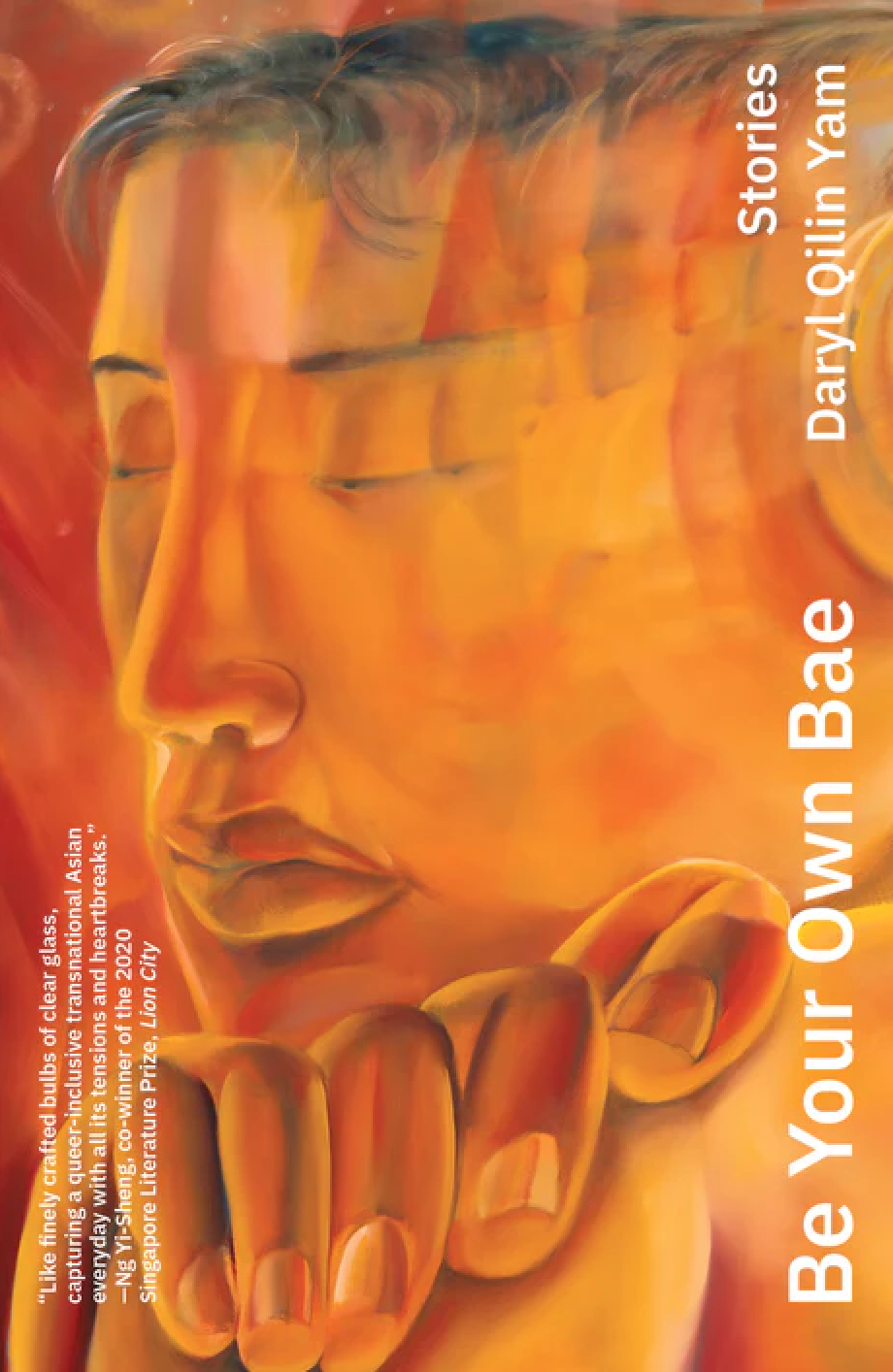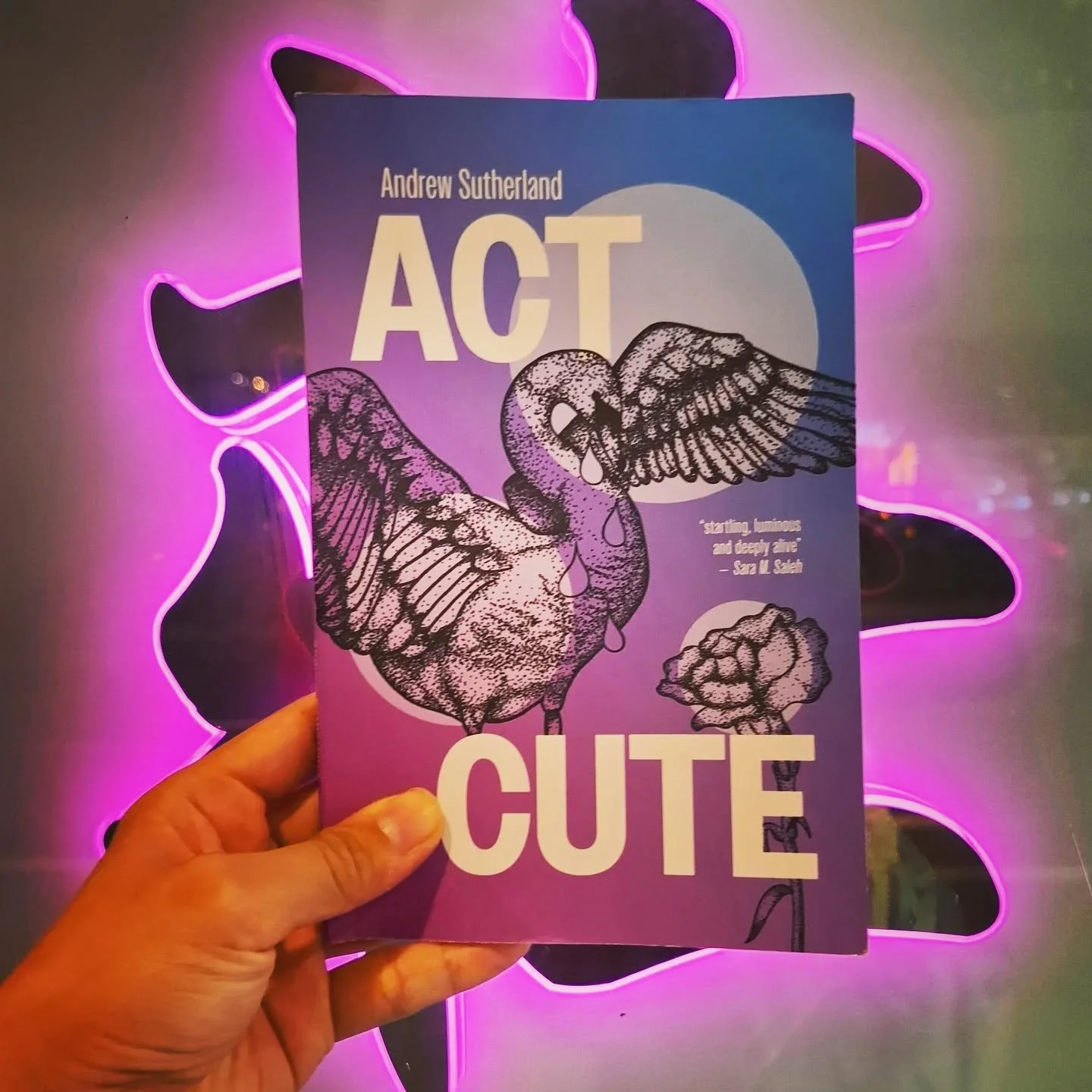Art, Reality, and K-Pop In Between
By Elise J. Choi
Review of Y/N by Esther Yi (USA: Astra House, 2023)
The sprawling landscape of K-pop and its fandom makes for a productive arena in which to explore the convergence of lowbrow and highbrow, fantasy and real life. Esther Yi’s debut novel Y/N examines obsession and identity in a lonely, contemporary world. In cutting prose, this experimental work dissects its flashy subject matter with philosophical questions about the merging of art and reality.
The unnamed narrator is a twenty-nine-year-old Korean American living in Germany and working as a freelance copywriter. She is a caustic intellectual, observing everything around her with sass and condescension. Despite her roommate’s attempts at proselytization, she is determined to hate K-pop (“my spiritual sphincter stayed clenched to keep out the cheap and stupid”). It is something of a miracle, then, and proof of the irresistible appeal of the pop apparatus, that she becomes fixated on an idol after she was dragged to an unnamed boy band’s concert in Berlin. The youngest boy’s moniker is Moon (all the members are named after celestial objects), and she is entranced: “I knew I loved him because I liked him better than the others.” The logic is ludicrous, even tautological, and yet it makes sense, because, after all, there is no accounting for personal taste. When Moon announces his abrupt retirement, she abandons her life and travels to Seoul in an absurdist chase to meet the object of her fantasy.
Can you know a person by stalking them through screens? The narrator seems to think the answer is yes, having convinced herself that she, of all the fans, knows Moon best, when of course she sees only the Moon created by the enormous celebrity machine. A fascinating moment occurs at the concert, where the narrator’s eyes move “between the screen, where I could see the contours of a bead of sweat … and the stage, where his whole body was a tiny blur. I didn’t know what I wanted more of, the precise reproduction or the imprecise actuality.” It is an odd and ever-more-frequent phenomenon in which desire is digitally reproduced, filtered by a screen.
The narrator’s skeptical boyfriend, Masterson, explains this reproduction of desire well: “He [Moon] designs his lyrical content and sexual appeal with the specific intent of exploiting the most basic of human emotions, like loneliness, or the desire for unconditional love, and then derives massive profit from his vampirism.” The analysis applies to much of pop music culture, but especially to K-pop with its assembly line–like trainee system.
For all her calculating intellectualism, the narrator is swept away by the industry’s lustrous veneer: she is convinced that Moon sings and dances solely for her. She consumes every bit of Moon content available, including his social-media livestreams, during which she pretends that the world consists of only the two of them. The obsession takes over her life to such an extent that she sabotages her relationship with Masterson:
“You’re talking about him as if you know him [Moon],” he said carefully.
“I do know him. The person I don’t know is you. He feeds my imagination more than you do.”
“Of course he does,” Masterson said. “Because he exists in your imagination.”
“He’s a person breathing, eating, and dreaming in Seoul.”
“And I’m a person breathing, eating, and dreaming in Berlin. And I know you exist.”
It’s an old tale in a way: the allure of faraway fantasy trumps that of nearby reality. At a time when celebrities’ lives are documented daily through social media, thereby enabling two-way communications between stars and fans, what are actually created are one-sided, parasocial relationships.
After falling for Moon, the narrator begins writing Y/N—“your name”—fanfiction, a genre in which the reader inserts their own name into the story so that it is you meeting your favorite idol, you going on dates, you falling in love. In this way, the narrator creates an alternate universe in which she has a relationship with Moon. Y/N fanfiction is a perfect postmodern vehicle, especially for younger writers, in which to nurture non-mainstream desires. The ethics of real person fiction (RPF) have been hotly debated, the discussion bringing to the fore privacy and defamation issues, as well as queerphobic policies (see China’s banning of Archive of Our Own). Y/N fanfiction skirts such issues. At the same time, it can be void of artistic substance because its subjectivity has no specificity. In the very attempt to insert oneself into a story that matters, to make oneself the main character, one ends up flattening the story, making it wholly common.
Near the end of the novel, in an extraordinarily surreal meeting, the narrator forces Moon to read the fanfic she wrote. In her fanfic, Moon is a philosopher, but in real life, he knows nothing about philosophy (“What about me could possibly remind you of a philosopher?”). This incident gives Moon agency: he pushes back against the narrator’s presumptions when, for the majority of the book, he is entirely at the writer’s mercy. The portrayal of the narrator is unattractive, to say the least, but, by writing fanfiction, the narrator’s worship of Moon reveals the humanity of her crush: “Moon wasn’t a character. He was a theme, a universal constant. He was greater than himself.”
Although the novel betrays some snobbery when it comes to certain fans’ undiscerning tastes, I do not sense any didactic intent in the writing. Regarding online fanfiction, the narrator laments only that “the prose grew ever more sodden, as the author submitted to yet another cliché, hoping their strange feelings would foment, coherently limbed, out of the primordial soup of failing story.” Nor does Yi critique the unsavory aspects of the K-pop industry. Still, she explores well how a product like K-pop has replaced religion for some people: “A boy band like this is one such god. We no longer go to church once a week; we attend a stadium concert once a year.”
The novel’s title Y/N can also be read as “yes/no,” gesturing toward a story of contradictions and an identity at odds with itself. I am reminded of the title of another novel, Call Me By Your Name—a plea to find hints of oneself in another. In her quest to locate Moon, perhaps the narrator looks to make herself whole. Perhaps she seeks, as a member of the diaspora, to connect to her irretrievable origins, however obtusely. But the novel’s ending leaves her in limbo, still in Seoul and wondering whether to fly out to an undecided destination. Her yearning for Moon gave her temporary solace and purpose, but these gifts are limited. Y/N is ultimately trapped in the liminal space where art ends and real life begins.
Elise J. Choi (she/her) is a copy editor based in Portland, Oregon, who reads science fiction, fantasy, and translated literature to her cat. She’s been a writer, translator, grad student, instructor, and doodler. Send her a line at elise.j.choi@gmail.com.
If you’ve enjoyed reading this article, please consider making a donation. Your donation goes towards paying our contributors and a modest stipend to our editors. Singapore Unbound is powered by volunteers, and we depend on individual supporters. To maintain our independence, we do not seek or accept direct funding from any government.










In Taiwan Travelogue, ‘twinned souls… are at once lost, but also found, in translation.’ A review by Eunice Lim.